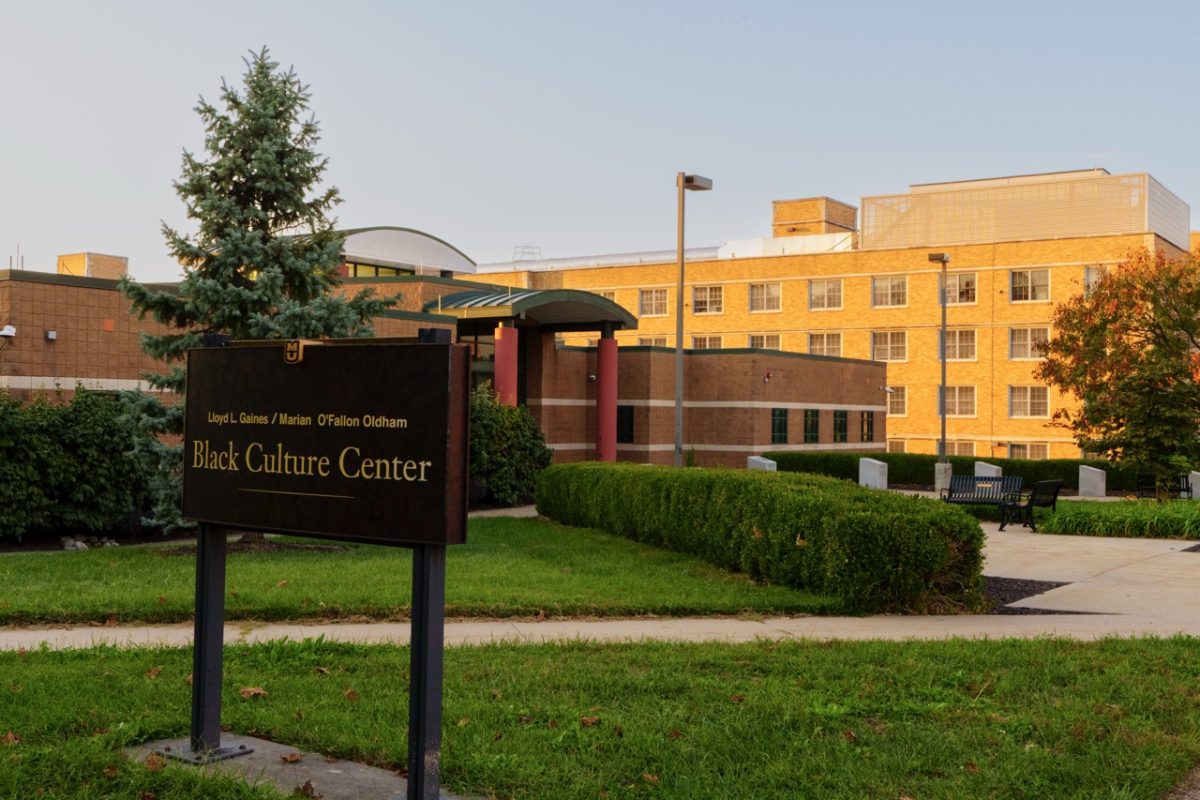Incentive payments that appear to violate the Missouri Constitution, former Chancellor R. Bowen Loftin’s transition agreement and vehicle allowances were highlighted as causes for concern in an audit of the UM System released Monday.
The audit was conducted by Missouri State Auditor Nicole Galloway and gave the UM System a rating of “fair,” which is the second-lowest of four ratings and indicates that there are areas where the system needs improvement.
“Administrators appear to have forgotten that the system is a public institution, and that they are accountable to taxpayers, students and families,” Galloway wrote in a news release.
The UM System Board of Curators or UM System president has approved $1.2 million in incentive payments since 2015 without “a formalized and clearly defined process of how the additional compensation was to be earned,” according to the report.
Because the incentive payments lack clear guidelines and objective criteria, they resemble year-end bonuses, which is prohibited by the Missouri Constitution, according to the audit report.
In a section of the audit titled “Auditee’s Response,” the UM System said it believes its incentive plan does not technically break any laws.
“The System’s use and implementation of its performance compensation plan, however, does not violate or even appear to violate the state constitution,” according to the response release. “It is a reasonable and sound management tool used to attract and retain talent and align individual efforts with institutional goals.”
After his resignation in fall 2015, Loftin became the director of National Security Research Development. This role was created specifically for Loftin and did not exist previously.
With a salary of $344,250, Loftin receives “31 percent more than the highest paid research administrator on campus,” according to the audit report.
Loftin also continued to receive his chancellor’s salary for six months after he resigned in addition to a $100,000 retention bonus and a $35,000 annual stipend, according to the release.
“This level of compensation appears excessive for a non-critical administrative position, particularly for a position without a significant emphasis in the strategic plans for the system or the Columbia campus, and not in the best interest of the UM System, Columbia campus, or the public,” the audit report states.
Another concern listed in the report is excessive vehicle allowance payments. These payments provide employees a leased vehicle or an allowance to pay for a work-related vehicle. In the two years examined by the audit, $407,000 in vehicle allowance payments were made to 15 top executive and administrative positions.
“The method used to calculate the system’s vehicle allowances results in executives receiving, on average, more than three times what they would have received if they had been reimbursed for actual mileage at the UM System’s mileage reimbursement rate of $.51 per mile paid to all other employees,” according to the report.
In a response to the findings that were included in the report, the UM System defended its system of vehicle allowance payments as “common in the market set by peer institutions” and acknowledged the unique circumstances of Loftin’s transition agreement.
“The UM System strives to be more accountable and transparent in its stewardship of public resources,” UM System President Mun Choi said in a news release. “We will use the audit report to continue improving our business processes and our operations.”
Galloway and a UM System spokesperson could not be reached for comment Monday afternoon.
_Edited by Kyle LaHucik | [email protected]_







